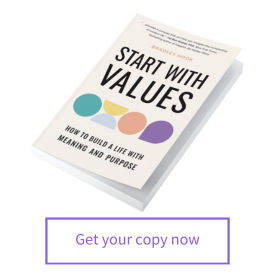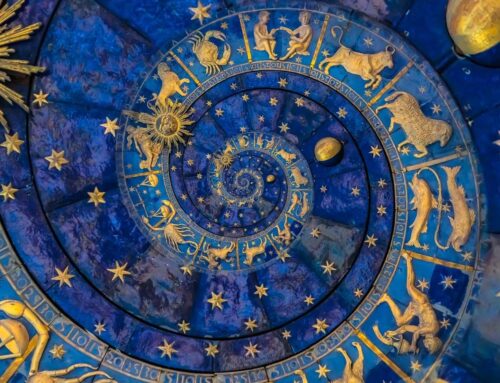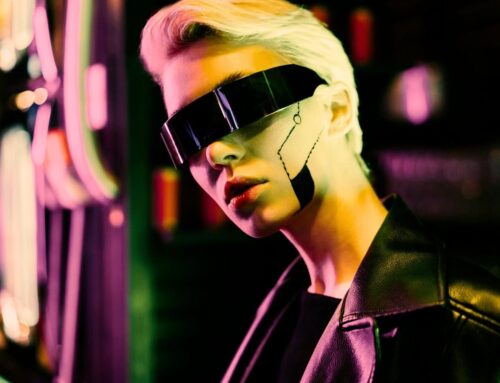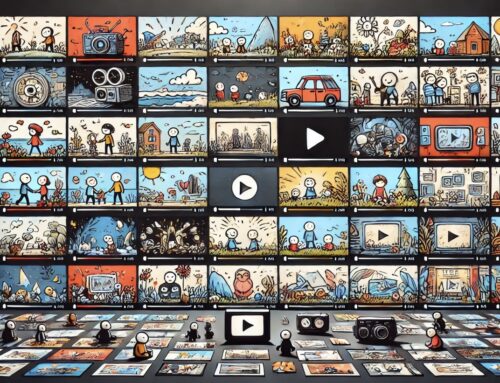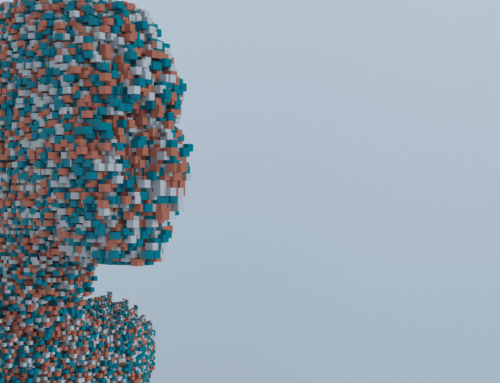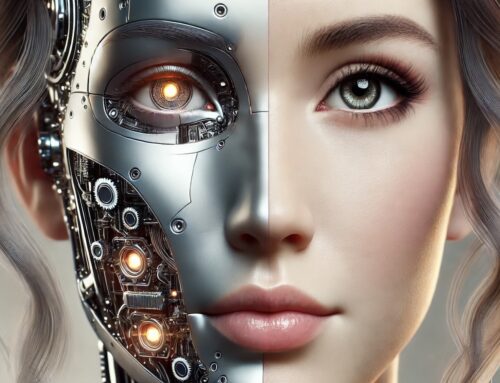We live in an era where artificial intelligence writes poetry, diagnoses disease, and helps land rockets. But for all its brilliance, AI remains—fundamentally—different from what we might call natural intelligence. That is, the embodied, conscious intelligence that arises from a living, breathing human being.
Understanding the difference between AI and human intelligence isn’t just a technical distinction. It’s an existential inquiry. If AI can write a novel or compose a symphony, what does it mean to be human? What is intelligence? And perhaps more importantly—what is consciousness?
Let’s explore.
What is Artificial Intelligence?
Artificial Intelligence (AI), particularly in its modern form as a large language model or general-purpose transformer (GPT), is an algorithm trained on vast amounts of data. At its core, it is statistical pattern recognition: given a prompt, it predicts the next most likely word, token, or response.
GPTs like ChatGPT are trained on trillions of words and billions of parameters. They appear creative. They seem aware. But they are, in truth, astonishing mirrors—reflecting back the sum of human knowledge without truly knowing anything.
AI is competent. But it is not conscious. It is impressive. But it is not alive.
What is Natural Intelligence?
Natural Intelligence (NI) is what you are using right now to read and reflect on these words. It is born of biology, refined by evolution, and shaped by lived experience. It is not simply computation—it is sensation, emotion, intuition, and reflection woven into a living tapestry.
Unlike AI, natural intelligence is:
-
Embodied: It arises from a body, not a server.
-
Emotional: It feels, cares, empathizes.
-
Purpose-driven: It acts not just on probability, but on meaning.
-
Self-aware: It knows that it knows—or sometimes, that it doesn’t.
Where AI maps patterns, humans make meaning.
Consciousness: The Great Divide
To truly understand the difference, we must talk about consciousness.
Consciousness is not just a stream of thoughts—it is the awareness of that stream. It is the quiet presence behind the noise. Human consciousness is both generative and receptive. We imagine futures, tell stories, dream, and create. But we also receive—moments, feelings, connection, awe.
You don’t need a dataset to know the warmth of a hug or the heartbreak of loss. You feel it. You experience it as part of a self, situated in a world that matters.
AI does not experience. It does not feel. It simulates intelligence, but lacks the subjective what it is like quality—what philosophers call qualia. You can feed it a love poem, and it might respond with a technically brilliant sonnet. But it does not love.
GPTs vs Human Minds: A Core Distinction
A general-purpose transformer is essentially a very advanced statistical engine. It lacks goals, values, and interiority. Human intelligence, by contrast, is deeply shaped by:
-
Neurobiology: We think through brains formed by millions of years of evolution.
-
Socialization: Our intelligence develops in relationship—with caregivers, mentors, friends.
-
Narrative: We understand ourselves through stories, not spreadsheets.
-
Interoception: We feel our internal states—hunger, fatigue, calm—and adapt accordingly.
-
Learning through embodiment: We touch, move, stumble, and grow.
AI learns by ingesting data. Humans learn by being.
Why This Matters
The stakes aren’t just academic. As AI becomes more integrated into our lives, we risk conflating performance with personhood. We risk mistaking intelligence for wisdom, or computation for consciousness.
And perhaps most dangerously, we risk forgetting what makes us human.
Human intelligence is messy. It forgets things. It gets distracted. It takes detours. But within that messiness is something sacred: the ability to reflect, to feel, to change, to care. You can’t train that into a model.
Instead of comparing ourselves to machines, maybe the invitation is to rediscover our own intelligence—our natural intelligence. The kind that sits quietly with a friend in grief. The kind that questions its own assumptions. The kind that dances in the mystery of not knowing.
In the End
The real question isn’t whether AI will become more like us. It’s whether we’ll remember what it means to be ourselves.
In a world of accelerating artificiality, your humanity is your advantage. Not because it’s faster, or more precise, but because it’s alive. And that, ultimately, is the greatest intelligence of all.
✨ Start With Values
Receive $400 of bonus resources with any order of my new book,Start With Values (Penguin Random House).
Written by : Brad Hook
Brad Hook is a writer, podcaster, speaker and entrepreneur. He helps individuals and teams achieve sustainable high performance through inspiring workshops and a powerful suite of digital tools. Discover his new book, Start With Values (Penguin Random House), — available now!
Stay connected with Brad
BE NOTIFIED ABOUT EVENTS and receive the latest tools and tips first
We will never share your email with others.

